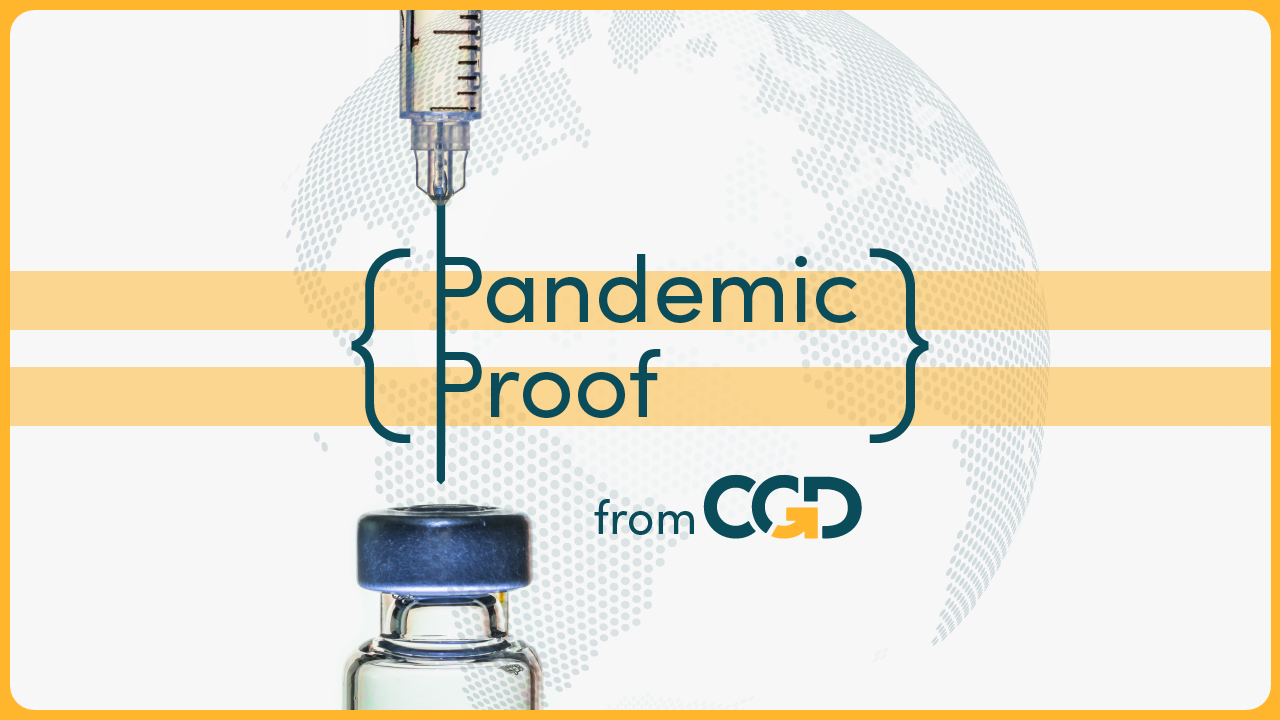As global health and international finance organizations respond to the evolving COVID-19 outbreak, it is time to create stronger incentives for pandemic preparedness in low- and middle-income countries. Although there is no global threat more likely and less well-funded than a catastrophic pandemic, evidence and the COVID-19 experience show that no country is fully prepared. Despite advances in assessment and planning in recent years, there has not been political will to finance National Action Plans for Health Security developed by more than 100 countries around the world.
I’ve worked with colleagues from the Nuclear Threat Initiative, the Center for Strategic and International Studies, and Georgetown University to develop a concept note for a Global Health Security Challenge Fund as part of package of actions to be taken at the upcoming G7 meeting in June 2020 at Camp David. As we explain in the concept note, the G7 should agree on a comprehensive set of deliverables that include the current response to COVID-19, as well as future global health security needs.
A deliverable package could include:
-
Immediately establish a Global Health Security Challenge Fund, which could allocate funding for urgent COVID-19 preparation and detection needs, as well as addressing preparedness gaps for the next pandemic.
-
Fund the global COVID-19 response via existing emergency financing mechanisms through the World Health Organization, the United Nations and the World Bank.
-
Support the Coalition for Epidemic Preparedness Innovations and Gavi, the Vaccine Alliance, to develop, purchase, and equitably deliver affordable countermeasures for COVID-19 and other emerging pandemic threats.
-
Empower the Global Preparedness Monitoring Board with a stronger mandate and ability to monitor progress and promote accountability for action.
Our concept note sets out specific recommendations for operationalizing the fund. I preview them below, but read the full note for details:
-
The Fund should be resourced at an initial level of at least US$1 billion with a mixture of public and private international financing, operating as an accelerator for sustainable domestic financing of preparedness.
-
Funding should be prioritized for countries with the greatest need and who have undertaken a rigorous assessment of their preparedness gaps.
-
The Fund would prioritize technical assistance and resources to prioritize and fill gaps.
-
Funding should be matched by recipients at different levels depending on country need.
-
The Fund should create clear incentives and benchmarks for progress based on agreed measures of preparedness.
-
The GHS Challenge Fund could help spur country demand by linking to World Bank IDA funds for preparedness.
CGD blog posts reflect the views of the authors, drawing on prior research and experience in their areas of expertise.
CGD is a nonpartisan, independent organization and does not take institutional positions.




